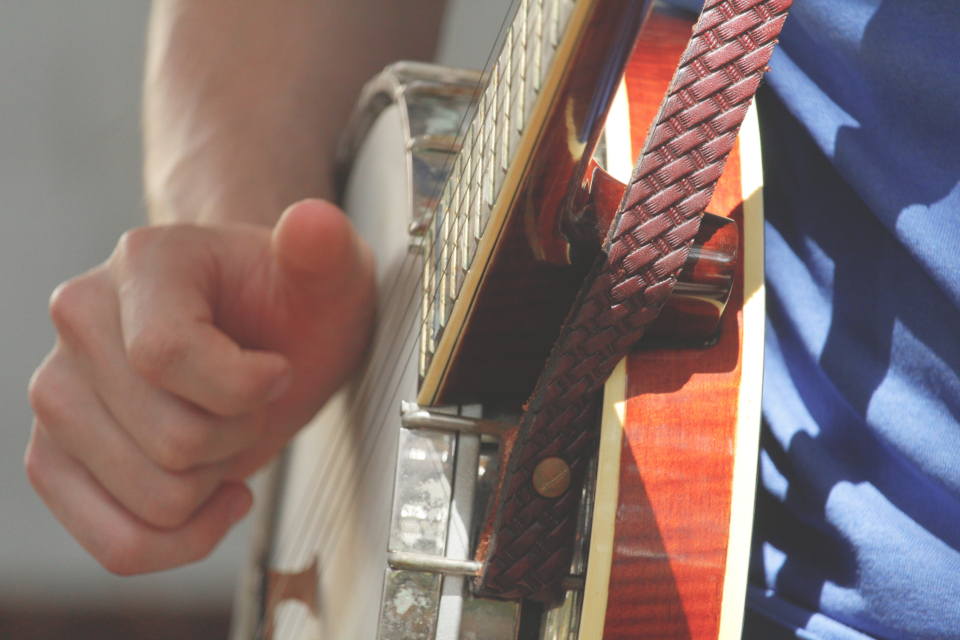

Crumbl Cookies, the rapidly expanding dessert chain famous for its revolving menu and massive social media following, learned that viral brand status provides no immunity from copyright enforcement when Warner Music Group sued for nearly $24 million over music used in TikTok and Instagram marketing. The case demonstrates how even brands built on social media virality face devastating liability when music licensing is treated as optional rather than mandatory.
On April 22, 2025, Warner Music Group filed a copyright infringement lawsuit in Utah federal court against Crumbl Cookies, alleging the dessert brand built its business through "blatant, willful, and repeated copyright infringement" (https://www.musicbusinessworldwide.com/cookie-giant-crumbl-reportedly-eyeing-2bn-sale-sued-by-warner-music-group-over-massive-co). The complaint claimed Crumbl used at least 159 of WMG's recordings and compositions in promotional videos posted to TikTok and Instagram accounts with 9.8 million and 6.1 million followers respectively.
Warner alleged Crumbl misappropriated at least 159 of the most popular and valuable sound recordings and musical compositions in the market, using those creative works to build Crumbl's brand profile and drive massive sales without any compensation to Warner (https://www.musicbusinessworldwide.com/cookie-giant-crumbl-reportedly-eyeing-2bn-sale-sued-by-warner-music-group-over-massive-co). Artists whose works were allegedly infringed included Dua Lipa, Bruno Mars, Lizzo, Taylor Swift, Mariah Carey, Ariana Grande, and Beyoncé—representing Warner's most commercially valuable catalog.
Warner Music Group seeks a jury trial, permanent injunction, and statutory damages that could total up to $150,000 per violation (https://advertisinglaw.fkks.com/post/102ka8t/warner-music-group-sues-crumbl-cookies-over-use-of-music-in-social-media-posts). With 159 alleged instances of infringement identified across 286 video uses, potential damages could near $24 million. This exposure emerged from a brand that co-founders Jason McGowan and Sawyer Hemsley started in 2017 with a single store in Logan, Utah, before growing to more than 1,000 locations globally with over 29,000 employees.
Crumbl's music usage strategy displayed sophisticated awareness of music's promotional value. The lawsuit cited examples where Crumbl used songs thematically connected to products (https://restaurantbusinessonline.com/marketing/crumbl-sued-24m-over-music-copyright-violations). A blueberry cheesecake cookie was promoted with Lil Mosey's "Blueberry Faygo." A Kentucky Butter Cake cookie was promoted with BTS's "Butter." Coldplay's "Yellow" promoted yellow sugar cookies. This deliberate pairing showed Crumbl recognized music's marketing impact while declining to obtain necessary licenses.
Warner's complaint also argued that Crumbl represented music as "original audio" when it was copyrighted (https://restaurantbusinessonline.com/marketing/crumbl-sued-24m-over-music-copyright-violations). The complaint noted both TikTok and Instagram forbid unauthorized use of copyrighted music. This false labeling potentially constituted additional violations beyond copyright infringement itself, suggesting attempts to obscure unauthorized usage.
Most damaging was evidence of willful infringement. Warner claimed it sent Crumbl a cease-and-desist letter in August 2023, but the company continued posting allegedly infringing content (https://www.thefader.com/2025/04/25/warner-music-group-is-suing-crumbl-cookies-for-massive-copyright-infringement). Continuing infringement after formal notification strongly supports willfulness findings that enable maximum statutory damages of $150,000 per work rather than standard $750 to $30,000 ranges.
Crumbl's own content provided evidence of awareness. A caption in a January 2024 TikTok video stated: "We were gonna make a funny video to promote Mystery Cookie, but legal said we can't use any trending audios" (https://www.thefader.com/2025/04/25/warner-music-group-is-suing-crumbl-cookies-for-massive-copyright-infringement). This admission proved Crumbl's legal team understood trending TikTok audios required licenses for commercial use, yet infringement continued for months after this recognition.
The case exemplifies tensions between viral social media marketing and intellectual property protection (https://www.kelleykronenberg.com/blog/your-favorite-cookie-just-crumbld-to-the-tune-of-23-58-million/). Platforms like TikTok and Instagram built ecosystems around music-driven content, creating environments where copyright infringement easily occurs. For businesses, the allure of using recognizable songs to enhance marketing content appeal must be balanced against legal risks. Potential damages in cases like this—potentially millions of dollars—far outweigh short-term marketing benefits of using copyrighted music without permission.
Crumbl's viral success likely attracted Warner's enforcement attention. The lawsuit noted the chain was reportedly eyeing a $2 billion sale (https://www.musicbusinessworldwide.com/cookie-giant-crumbl-reportedly-eyeing-2bn-sale-sued-by-warner-music-group-over-massive-co), making copyright enforcement economically attractive for Warner. Brands achieving massive valuations through social media marketing become priority targets precisely because their success demonstrates music's commercial value and their resources enable substantial settlement payments.
The costs beyond legal damages merit attention. Unlicensed music can force brands to remove content or pull it from creator partners, disrupting campaigns and relationships (https://www.linkedin.com/pulse/why-trending-song-could-cost-your-brand-millions-lindsey-gamble-ejuje). Top-performing posts that finally cracked the algorithm can vanish overnight along with all reach and engagement. Reputational damage from copyright violations can be even costlier, particularly for brands seeking to be seen as creator-friendly and ethical.
The ironic timing of Crumbl's lawsuit amid $2 billion sale discussions demonstrates copyright risk's business impact. Unresolved intellectual property litigation creates deal uncertainty, requiring sale price adjustments, escrow accounts, or representations and warranties that complicate transactions. Potential acquirers discount valuations to account for litigation risks, meaning copyright infringement directly reduces enterprise value even before settlements are paid.
For your brand, Crumbl's cautionary tale requires action regardless of size or virality. Audit all social media content for music usage. Implement written policies prohibiting unlicensed music in commercial content. Allocate budgets for sync licensing or royalty-free music services. Train content creators on copyright basics. Respond immediately to cease-and-desist letters with comprehensive compliance reviews. Consider that trending TikTok audio or perfect Instagram soundtrack might cost your brand millions—not hypothetically someday, but demonstrably today, as Crumbl learned when pursuing a $2 billion valuation while facing a $24 million copyright lawsuit.
From general questions to potential IP misuse, choose the option that best fits your case.
Our team will review your submission and get back to you as soon as possible.